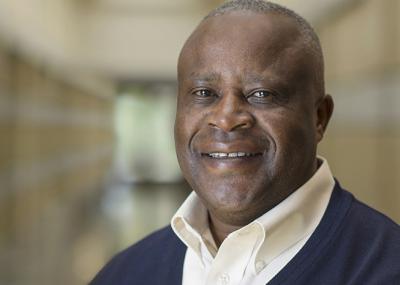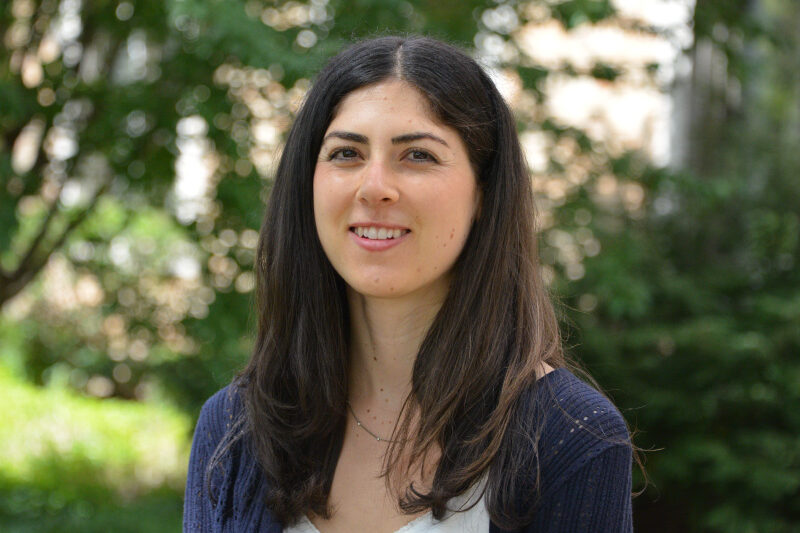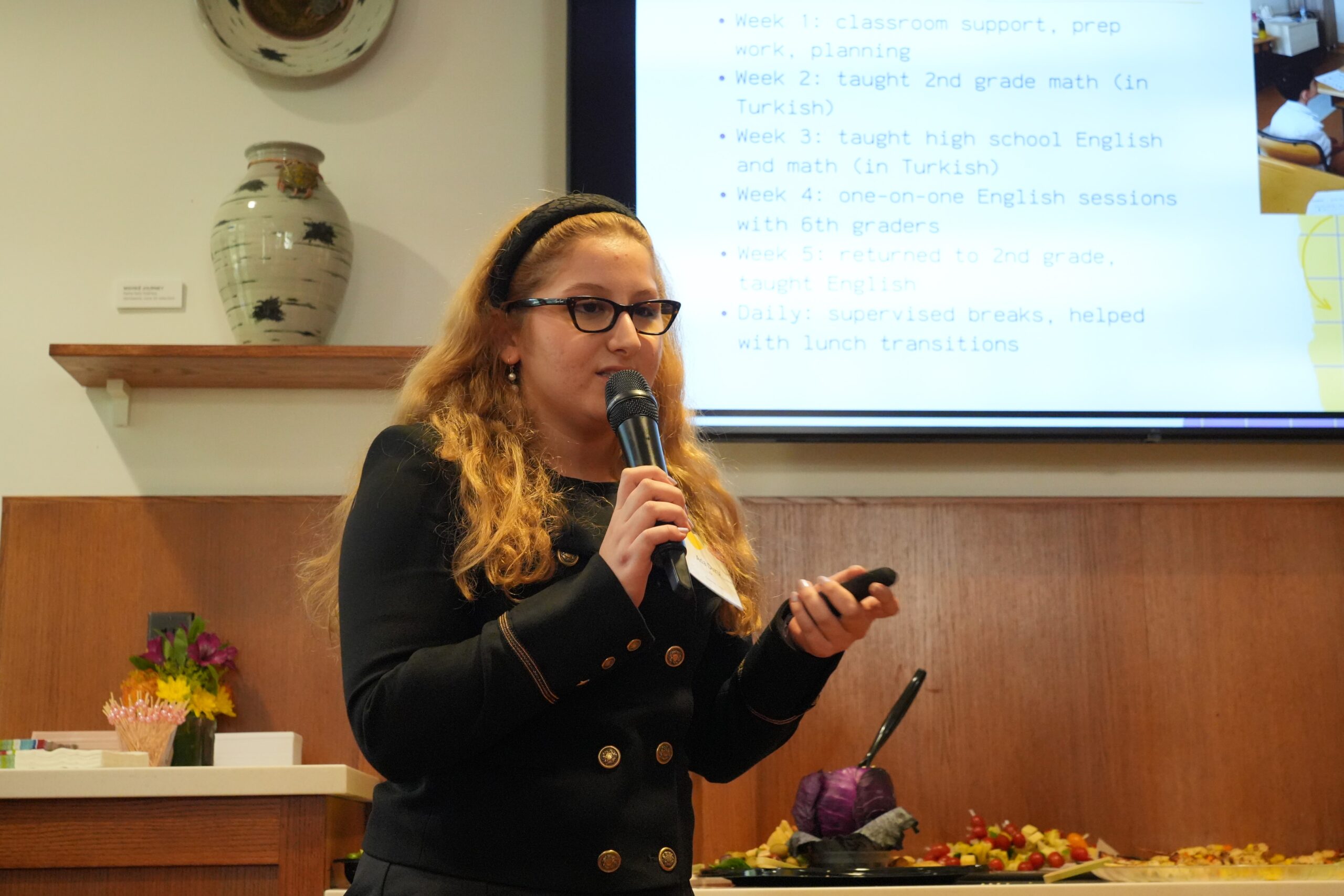Faculty fellow publishes new book on Christian identity and violence in Africa
December 1, 2022

Rev. Emmanuel Katongole was watching news coverage of the Rwandan genocide in 1994 when he was asked the question that would, almost 20 years later, become the basis for his latest book. A colleague of his at the time asked, “Why do you Africans kill your own people?” Katongole, now a professor of Theology and Peace Studies at the University of Notre Dame and faculty fellow at the Institute for Social Concerns, never forgot the question and finally addressed it in his latest publication, Who Are My People?: Love, Violence, and Christianity in Sub-Saharan Africa.
At the core of the book is the idea of identity, something that Katongole considered through both theoretical and personal lenses. What do I share with other Africans that make them more my people than others? Is it race, history, geography, or something else? How does my identity as African connect with other identities I might have? And, finally, how can Christian theology illumine the crisis of belonging in Africa? This last question would become the driving force of Who Are My People?
Katongole considers three forms of violence as they relate to a modern and complex African identity: ethnic, religious, and ecological. The moniker of modern is important to his argument. Katongole states in the book’s introduction, “My contention in Who Are My People? Is that Africa is already very modern. Ethnicity, religion, and land operate in a unique and very modern way in Africa today. The issue has to do with understanding the unique modernity that these markers of identity are now inscribed in and help to advance. Accordingly, while much of the violence in Africa may be easily labeled ‘ethnic’ or ‘religious’ or ‘tribal,’ what is at stake quite often is a set of modern goals and ambitions that have to do with belonging and access to the social, political, economic, and cultural institutions of modern Africa.” Katongole dedicates a chapter each to the three forms of violence, examining them through both theological and historical vantage points. Eventually, he identifies a Christian mindset of outward-facing love and corresponding action as a means to overcome both the crisis of belonging in Africa and the forms of violence he discusses.
The book uses not just theory, but also extensive interviews with people––scholars, religious people, activists, and more. Their stories and work are used to highlight some of Katongole’s key points. First, he notes that theories can only do so much; they need to point to practical action in the world to be effective at fighting injustice. The Bethany Land Institute, an organization founded by Katongole in Uganda to address rural economy, education, and sustainable land use, is described as an example of this. Second, their stories exhibit how justice is obtained through relationships with people and a mindset that places others before self. These fall under the canopy of Christian love in Katongole’s work which he sums up with a quote from Rev. Emmanuel Kataliko, former Archbishop of the Bukavu diocese: “the only response to the excess of evil is the excess of love.”
Copies of Who Are My People? Love, Violence, and Christianity in Sub-Saharan Africa are available through the University of Notre Dame Press.
Related Stories
-
ReSearching for the Common Good: Solbee Kang
-
Bridging worlds through art—Kyla Walker joins institute as international poetry justice fellow
-
The power of encounter—RISE Hometown prepares incoming students for learning in service of justice at Notre Dame
-
The beauty of everyday democracy—Institute convenes scholars, practitioners, Luke Bretherton for democracy conference
-
Catalyzing collaborations with South Bend citizens for the common good—Institute launches South Bend Citizens Collaboratory





